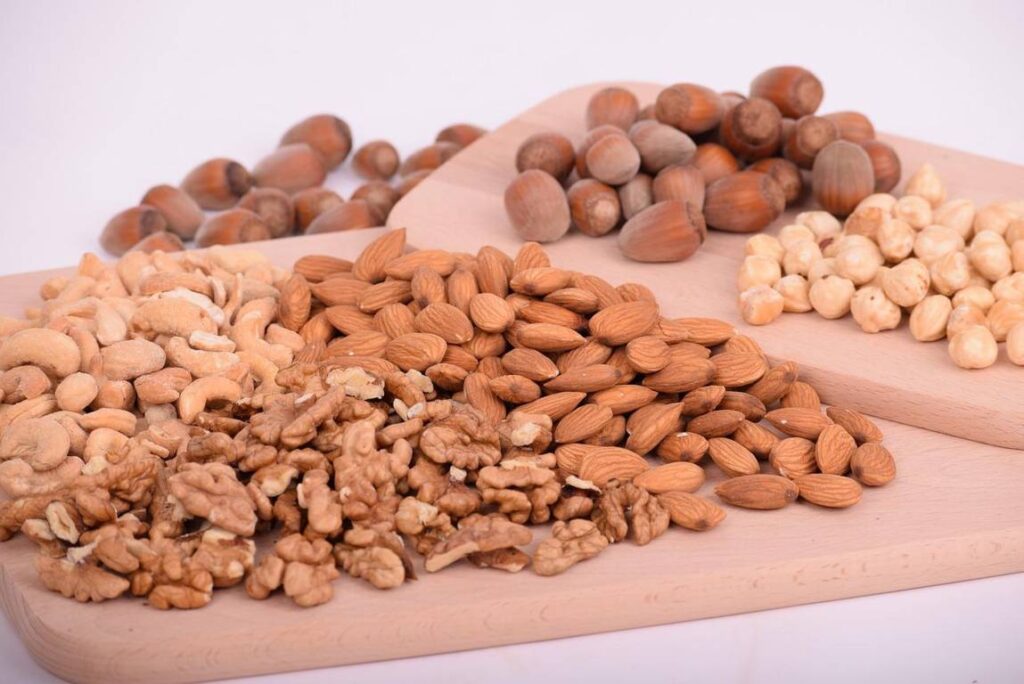Nutritional deficiency is a condition in which the body does not get the nutrients it needs. Many different things can cause nutritional deficiencies, including not eating enough food, drinking contaminated water, and not getting enough exercise. Nutritional deficiencies can lead to problems like muscle weakness, poor vision, and irregular heartbeats. The best way to prevent nutritional deficiencies is to eat a balanced diet and get regular exercise.
There is no one-size-fits-all answer to whether or not you are deficient in a nutrient. In some cases, a person may be deficient if they don’t get enough of a certain vitamin or mineral in their diet. However, many people who think they are deficient may only be experiencing normal levels of the nutrient. It’s important to talk with your doctor to see if you have any specific deficiencies and what you can do to address them.
Importance of balanced diets and Nutrients
A nutritional deficiency is a shortage of essential nutrients that the body needs to function properly. This can be caused by an inadequate diet, illness, or a problem with absorption. Nutritional deficiencies can lead to a wide variety of health problems, including hair loss, skin problems, fatigue, and mood swings. It is important to identify and address any nutritional deficiencies as soon as possible to prevent further health complications.
6 Quick and easy low carb high protein meals
Numerous nutritional deficiencies can occur in humans. Deficiencies can lead to many health problems, including decreased muscle mass, impaired nerve function, lowered immune system strength, and even death. It’s important to be aware of the potential for nutritional deficiencies and make sure you’re getting all of the nutrients your body needs. There are several ways to check for nutritional deficiencies and get treatment if necessary.

Causes of nutritional deficiency
A nutritional deficiency is a lack of essential nutrients in the diet. There are many causes of nutritional deficiencies, including poor diet, diseases that affect nutrient absorption, and problems with the body’s ability to use nutrients. Some of the most common nutritional deficiencies include deficiencies in iron, vitamin A, and zinc. A lack of essential vitamins and minerals in the diet can lead to health problems. Poor nutrition can also be caused by eating disorders, food allergies, and a lack of access to healthy foods.
Symptoms of nutritional deficiency
Nutritional deficiencies are common in the world. These deficiencies can lead to poor health and can be prevented by eating a balanced diet that includes all the nutrients your body needs. Nutritional deficiencies are classified according to the type of nutrient they affect, with vitamin deficiencies being the most common. There are several different types of vitamins your body needs, including Vitamin B12, Vitamin D, Vitamin A, and Vitamin C.
Diagnosing nutritional deficiency
It can be caused by a lack of essential nutrients in the diet, an inability to absorb nutrients from food, or excessive loss of nutrients. Symptoms can vary depending on the nutrient that is lacking. A person who is deficient in vitamin B12, for example, may experience fatigue, shortness of breath, and numbness and tingle in the hands and feet.
Get Fit anywhere with Anytime Fitness Gyms
Many factors can contribute to a nutritional deficiency, including poor diet, digestive problems, medical conditions, and medications. Nutritional deficiencies can also develop during pregnancy or while breastfeeding. A doctor can diagnose a nutritional deficiency with a blood test or other diagnostic tests. Treatment depends on the cause of the deficiency and may include dietary changes, supplements, or medication.
Treatment for nutritional deficiency
Treatment of nutritional deficiencies is a process of diagnosing and then treating the nutritional deficiency. This may require taking supplements, eating specific foods, or both. Treatment will depend on the cause of the deficiency. A doctor can help identify any deficiencies and recommend treatment. Treatment for a nutritional deficiency usually involves dietary changes and supplements to correct the deficiency. In some cases, hospitalization may be required.

Prevention of nutritional deficiency
One of the main ways to prevent a nutritional deficiency is to eat a varied and balanced diet. This means consuming a variety of foods from all food groups, including fruits, vegetables, grains, protein foods, and dairy. It is important to include different types of foods in your diet to ensure you are getting the right amount of nutrients.
Another way of prevention is to take a multivitamin supplement. This can help fill in any gaps in your diet and ensure you are getting the recommended daily intake of vitamins and minerals. If you are pregnant or breastfeeding, it is especially important to make sure you are getting enough nutrients. Some specific vitamins and minerals are important for pregnant women and nursing mothers.
Importance of nutrition for overall health
Every day, our bodies require a variety of essential nutrients to function properly. When we don’t get the right nutrients, we can develop nutritional deficiencies, which can lead to many health problems. Poor vision and fertility are just two examples.
One way to avoid developing nutritional deficiencies is to eat a healthy diet that includes plenty of fruits and vegetables. Another is to take a multivitamin supplement every day. This will help ensure that you’re getting all the essential vitamins and minerals your body needs.
If you are experiencing any health problems that you think might be related to nutritional deficiencies, be sure to see your doctor. He or she can run tests to determine if this is the case and recommend the appropriate treatment.
